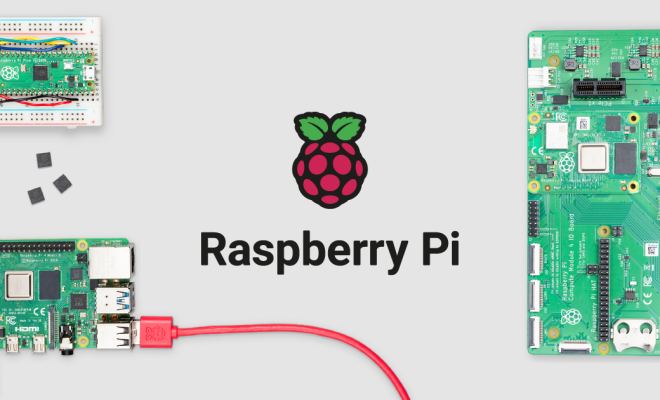Can ChatGPT Replace Me? What Jobs Will Generative AI Replace?

With the advent of Generative Artificial Intelligence technology, or GAI for short, many people are beginning to wonder if they will be replaced by this new technology. One of the biggest concerns is whether or not ChatGPT, a popular GAI chatbot, will replace human customer service representatives. While ChatGPT and similar technologies are impressive, their capabilities are currently limited. Here’s what we know about what jobs GAI will replace in the future.
First, it’s important to note that GAI is still in its infancy. While chatbots like ChatGPT are incredibly advanced, their capabilities are still limited. They can answer basic questions, but they don’t have the emotional intelligence or empathy that humans do. This means that for jobs that require a high degree of emotional intelligence and human connection, GAI is unlikely to replace them entirely.
Jobs that we can expect to be replaced by GAI in the future include data entry, basic programming, and mundane administrative tasks. These jobs often involve repetitive tasks that can be automated, making them perfect targets for GAI. However, even these jobs will likely not be completely replaced by GAI. Human oversight will still be needed to ensure that the technology is functioning correctly and to handle more complex tasks.
In the customer service industry, GAI will likely replace some roles. Basic inquiries that can be easily answered by a chatbot will be handled by GAI, freeing up employees to handle more complex tasks and provide a more personalized experience for customers. However, for more sensitive and emotional inquiries, humans will still be needed to provide the kind of support that only a human can.
Overall, it’s unlikely that GAI will completely replace human workers. While some jobs may be replaced, it’s more likely that GAI will be used to augment human capabilities, making workers more productive and efficient. The rise of GAI is an opportunity for businesses to improve their processes and free up workers to focus on more complex tasks. As the technology advances, we will see new opportunities and challenges arise, but the idea that GAI will replace us entirely is unlikely.





